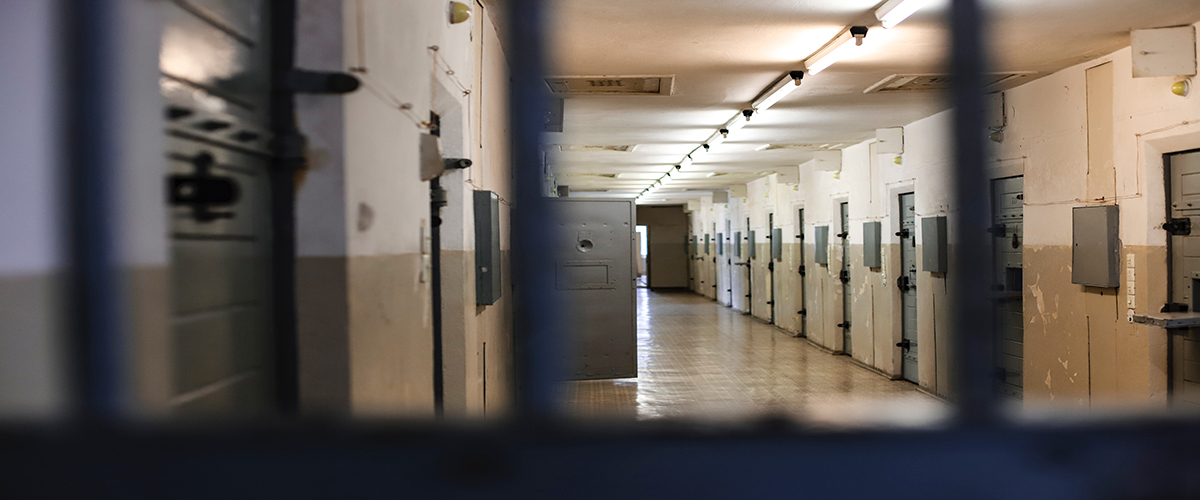Community Engagement Courts Victims April 20, 2020
The criminal justice reform movement has often overlooked the inclusion of victims in their efforts. It has also misunderstood and frequently miscommunicated who victims are. In fact, when the National Center for Victims of Crime entered into the conversation about reform, people asked, “why are victims interested in reform, and why should they be included in the process?”
The answer for those of us in the field is clear – victims are at the moral center of the criminal justice system. Soliciting victims’ opinions on issues that will affect their lives is the right, smart, and just thing to do. However, reformers may be surprised that crime survivors are often their strongest allies and supporters. That’s because in the majority of cases, those who have committed a crime have also survived trauma and identify as victims themselves.
Ninety percent of individuals who have been, or are, incarcerated, are also crime victims. Labeling someone an “ex-con”, “felon”, or “prisoner”, however, clouds our perception of them and their perception of themselves. Attaching these labels to individuals attaches the corresponding stigma of being “bad” and “not deserving” of assistance and crucial services to address their trauma. While in fact, this assistance is what may help them to heal and live productive lives. “The worst part of repeatedly hearing your negative definition of me, is that I begin to believe it myself,” wrote Eddie Ellis, the late justice reform leader.
The taint of these labels extends to the places where people who have been incarcerated, and are crime survivors, live. We call them “bad neighborhoods” making it easier to leave them unprotected and under-resourced rather than providing these places with treatment, assistance, security and compassion.
In 2016 the Department of Justice Office of Justice announced that it would no longer use the words “felon” or “convict”, and in 2018 Washington state’s reentry council urged people to “use accurate and non-stigmatizing language” to describe individuals who have been formerly incarcerated. Such people are “often characterized as being part of a criminal underclass”, the council said. While the San Francisco Board of Supervisors unanimously passed a resolution to adopt the practice of using “human-first language”, recently.
As we continue to reform the criminal justice system, let’s ensure that the voices of victims are heard and considered. Let’s also stop defining others by the worst thing that they have done in their lives and create additional barriers to their success and healing. As Eddie Ellis said, “no single moment or experience should define any of our lives forever. Least of all in words.”
Renee Williams is the Executive Director of the National Center for Victims of Crime.
You can watch a Facebook Live video on this subject featuring Ronald Simpson-Bey of JustLeadershipUSA and Erik Henderson of San Francisco County, and Mai Fernandez of the National Center for Victims of Crime on the MacArthur Foundation’s Facebook page.

